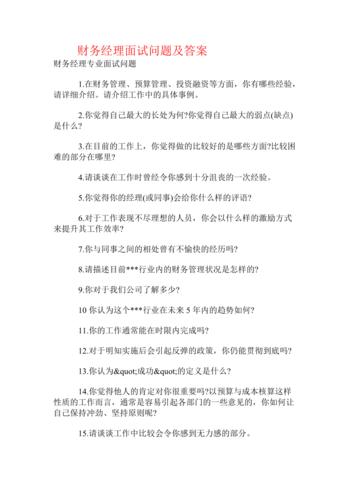日本留学试验对策问题集电子书
Title: Comprehensive Guide to Japanese Study Abroad Interview Questions and Answers
Introduction:

Preparing for a study abroad interview in Japan involves understanding the cultural and academic expectations of Japanese institutions. Here, we provide a comprehensive list of common interview questions along with sample answers to help you excel in your Japanese study abroad interview.
1. Why do you want to study in Japan?
*Sample Answer:*
I have always been deeply fascinated by Japanese culture, language, and history. Japan's rich tradition of art, literature, and technology has inspired me to immerse myself in a country that values innovation and tradition. Moreover, I believe that studying in Japan will provide me with a unique opportunity to expand my global perspective and develop valuable intercultural skills that will benefit me both personally and professionally in our increasingly interconnected world.
2. What specific academic or career goals do you hope to achieve by studying in Japan?
*Sample Answer:*
One of my primary academic goals is to enhance my language proficiency in Japanese. By studying in Japan, I aim to achieve fluency in both spoken and written Japanese, which will not only enable me to engage more deeply with Japanese culture but also open up new academic and professional opportunities in fields such as international business, diplomacy, and academia. Additionally, I am eager to immerse myself in Japan's dynamic academic environment, where I can pursue my interests in [specific field] and collaborate with leading experts in the field.
3. How do you plan to adapt to life in Japan and overcome potential challenges?
*Sample Answer:*
Adapting to life in Japan will require flexibility, cultural sensitivity, and a willingness to step out of my comfort zone. I plan to proactively engage with local communities, participate in cultural exchange programs, and seek out language exchange partners to improve my Japanese language skills and gain deeper insights into Japanese customs and traditions. Additionally, I am committed to maintaining an open mind, being respectful of cultural differences, and seeking support from academic advisors and fellow students whenever challenges arise.
4. Can you tell us about a time when you faced a cultural difference or language barrier, and how you resolved it?
*Sample Answer:*
During my travels abroad, I encountered a language barrier when trying to navigate public transportation in a nonEnglish speaking country. Despite initially feeling overwhelmed, I quickly realized the importance of nonverbal communication and resourcefulness. I used gestures, maps, and smartphone translation apps to communicate with locals and eventually reached my destination safely. This experience taught me the value of adaptability and problemsolving skills in crosscultural contexts, which I believe will serve me well during my time in Japan.
5. How do you plan to contribute to the international student community in Japan?
*Sample Answer:*
I am eager to contribute to the international student community in Japan by actively participating in cultural exchange activities, organizing events that promote crosscultural understanding, and volunteering my time to support fellow students who may be facing challenges adjusting to life in a foreign country. Additionally, I hope to share my own cultural heritage and perspectives with Japanese students, fostering mutual respect and appreciation for diversity within the campus community.
Conclusion:
Preparing for a study abroad interview in Japan requires thoughtful reflection on your academic and personal motivations, as well as a genuine interest in engaging with Japanese culture and society. By anticipating common interview questions and crafting thoughtful responses, you can demonstrate your readiness to embark on this exciting educational journey and make the most of your study abroad experience in Japan.






0 条评论